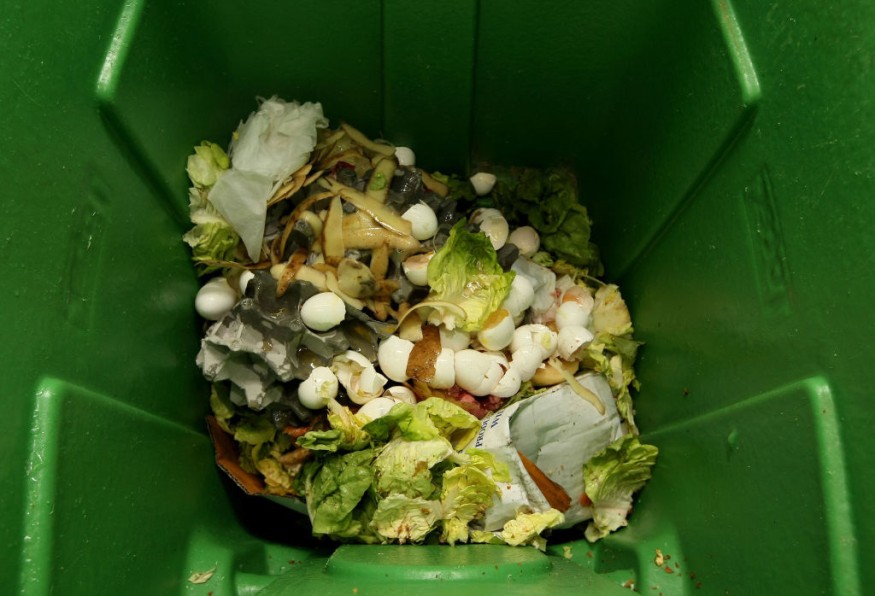If nothing is done to counter unregulated industrial growth, more than 17,000 animals around the planet will destroy some of their ecosystems, a recent report has revealed.
The analysis uses models to estimate the degree to which ongoing agricultural growth worldwide could invade the environment of almost 20,000 animals by 2050.
It finds that by mid-century, 88 percent of these animals would see any habitat destruction if nothing is done to curtail the growth of the food chain. A fifth of their habitat may be lost to about 1,200 animals.

According to the findings, business-as-usual cultivation will also allow 33 organisms to lose at least 90 percent of their habitat. 14 frogs and toads, nine mice, and two monkeys, the white-throated guenon and the guenon of Sclater, compose these animals. These monkeys are both endemic to Nigeria.
The study, reported in the journal Nature Sustainability, however, also finds that if large-scale improvements are introduced to the food chain, ecosystem declines may be halted.
According to the study authors, the biggest savings could come from higher agricultural productivity in developing-world regions, which according to the study authors could free up land from nature.
The study's co-lead author, Dr Michael Clark, an environmental sustainability researcher at the University of Oxford, said that a global shift to healthy foods, like consuming lesser meat and dairy, may also serve to stem biodiversity destruction.
When we begin to discuss what we consume, how it is made, and all in between, Clark said that we are not going to make widespread progress towards the current goals of conservation and biodiversity.
How people "maximize" land could harm the planet's biodiversity
The way people use land is currently the largest danger to the biodiversity of the planet.
The challenge faced by the climate crisis, though, is increasingly growing, with some studies predicting that the threat posed by land-use change may be overtaken by 2070.
Dr David Williams, an environmental scientist from the University of Leeds, co-lead author of the report, said the predicted immense biodiversity loss experts are only from agricultural development and do not involve the impacts of climate change.
Williams said conditions are going to get much worse when associated with climate change, overharvesting, hunting, pollution. But the conservation methods investigated by Williams' team may all help mitigate these risks, too.
The researchers conclude that from 2010 to 2050, global cropland will rise by 26 percent under this scenario. The rise in agricultural land is expected to be highest in Sub-Saharan Africa, South and Southeast Asia, and both Central and South America.
This rise would, on average, contribute to the 19,859 organisms surveyed sacrificing 7 percent of their habitat.
Of these animals, though, 1,280 are expected to lose more than a quarter of their remaining habitat, 350 will lose more than half of their remaining habitat, and 33 will lose more than 90%.
The authors find that from 2010 to 2050, global cropland will potentially decrease by about 3.4 million square kilometers in a scenario of these four improvements. Furthermore, the total forest depletion rate will be lowered to 1 percent.
The researchers said that a global transition to more productive agriculture would offer the greatest savings since it would enable land to be liberated in biodiverse areas of the world, like sub-Saharan Africa.
Furthermore, the researchers said, a global transition to consuming fewer animal products could help curb habitat destruction while still helping to counter the climate crisis.
Williams said there are simple win-wins here. He said what we ought to do to conserve nature is also going to be very beneficial for each individual.
ALSO READ : How Binge Drinking Affects Your Brain Activity
Check out more news and information on Biotechnology on Science Times.










